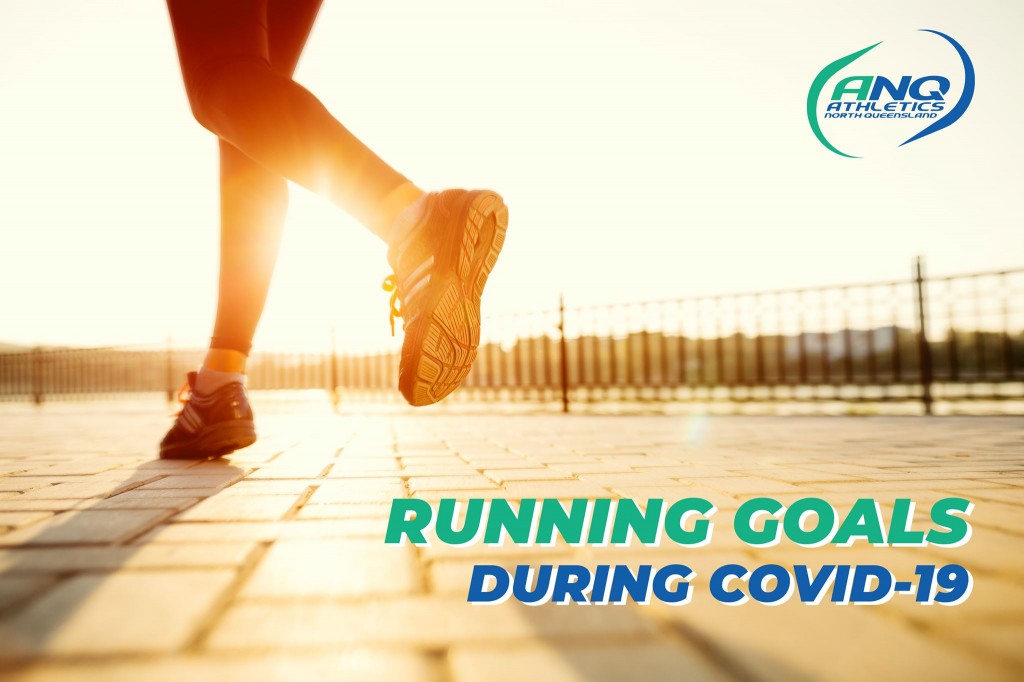It’s important to have running goals and things that you want to achieve so you keep motivated and inspired moving forward in your running journey. Your goals should also be realistic and achievable.
However, with the severe limitations on group activities currently being experienced due to the coronavirus pandemic staying motivated and having clear goals is difficult. Many events and races have been cancelled leaving runners/athletes with little direction in the immediate future.
Below are some examples of different goals that you can have that will help keep you on track and focused on the future. Not all are reliant on things in the future and can be applied to anything with a bit of imagination. I hope this helps you to stay positive and keep up consistent training which is always key for success.
There are a few different types of goals that you may set.
Performance Goal
This is the most common goal runners will set and is based around achieving a time goal or that elusive PB. For some runners their PB may be well in the past but an example may be that they want to run within say 20mins of their PB which is effectively a time goal. Another example may be sticking to a set pace during your training or an even time base for each repeat during interval sessions. At the moment obtaining times in actual races is not possible but you could run your own race and then brag about it on Strava after when you meet that goal you are after. Telling all your friends to come and run with you is not the right thing to do right now so keep it to yourself or maybe one running partner.
Outcome Goal
Not so much time based but rather what you want achieve from a run. E.g. you may want to finish in the top 5 of your age group or even win your age group. Even to just finish a race would be an outcome goal achieved. An example given current conditions might be that you commit to running x amount of kms per week/month etc.
Process Goal
Similar to an outcome goal, but not dependent on a specific race result etc. Examples of process goals may be running the whole 5k of your first 5k race or running pain/injury free for x kms or for x number of runs. A process goal may even be committing to a recovery week every 4 weeks during training or that regular massage. An example for the current situation might committing to running consistently 3 or 4 times a week. Keeping injury at bay by running consistently and not overtraining could be another process goal.
It’s also important to have short and long term goals and these can be a mix of any of the above. E.g. you may want to be able to run 10k pain/injury free for the next month (short term process goal) and/or get your 5k time under a certain time (short term performance goal) by x month, then run a half marathon under a certain time for the following year (long term performance goal). An outcome goal (long term) aligned with this is that you may want to finish in the top 10 of your age group in one or even more races. Committing to run a marathon in the following year after that would be a long term outcome goal too. A long term process goal may be running injury free for the whole year. Another short term process goal may be something like going to the gym once a week to work on strength and conditioning.
Phil Copp
Level 2 Advanced Recreational Running Coach

